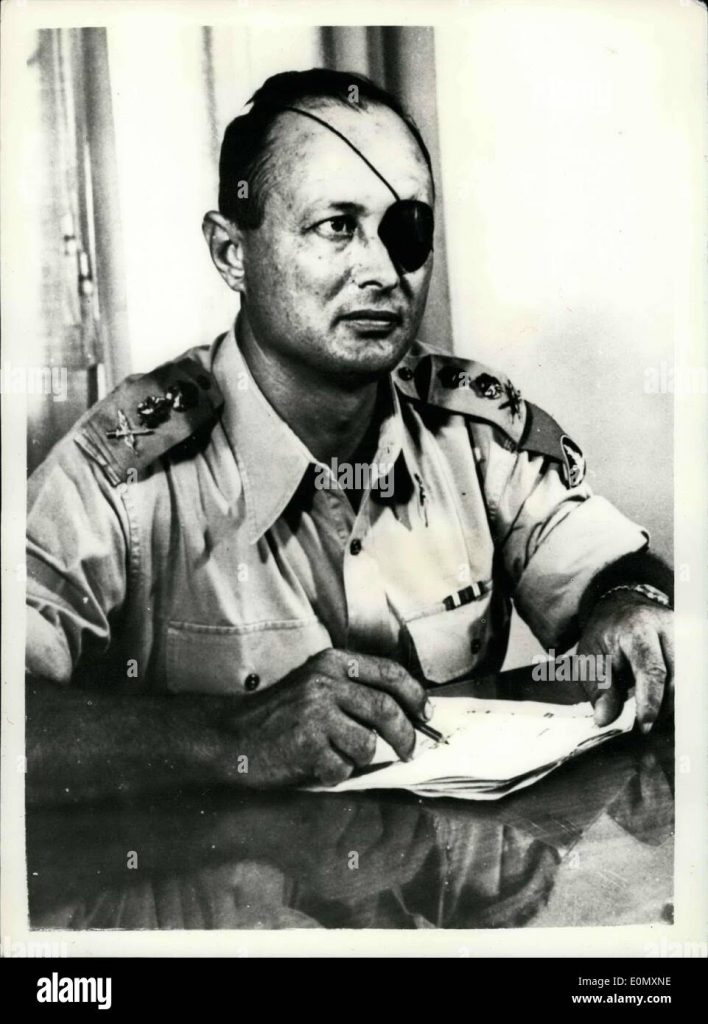
One thing, and by no means not the least important thing, war always produces a tsunami of kitsch. The kind that seeks to show how utterly wicked, utterly cruel and utterly depraved, the enemy is. The kind that claims to weep for, and commiserate with, the losses on one’s own side. The kind that contrasts our heroes’ indomitable courage and commitment to the sacred cause with the dastardly cowardice and treachery so characteristic of, so inherent in, the other side. The kind that, by its very nature, stokes the flames and undermines any kind of rational thought. If, indeed, it does not prohibit such thought altogether.
Needless to say, Israel—my Israel—is not exempt. Some of the stuff that has been drowning us since the 7th of October is the product of genuine emotion. But much of it—especially that pronounced by, or commissioned by, politicians—is patently false. At times, so obvious is the fakery as to make one want to puke.
Given this background, I found myself seeking an expression of grief that would not overflow with kitsch. The kind that is simple and noble. The kind that can actually do some good. Doing so, I recalled a speech given by Moshe Dayan, at that time Israel’s chief of the general staff. The occasion was the kidnapping and assassination of a young Israeli, Roi Rotberg. Rotberg, aged 21, was a member of a kibbutz not far from the Gaza Strip, exactly the area where the current war started, where he was in charge of the local security squad. On 29 April 1956 he was caught in an ambush and killed. Later his body, which had been dragged into the Strip, was returned to Israel.
The following is a translation, taken straight from good old Wikipedia, of Dayan’s address. Every word, every full stop and comma and question mark, is as relevant today as it was 68 years ago.
“Early yesterday morning Roi was murdered. The quiet of the spring morning dazzled him and he did not see those waiting in ambush for him, at the edge of the furrow. Let us not cast the blame on the murderers today. Why should we declare their burning hatred for us? For eight years they have been sitting in the refugee camps in Gaza, and before their eyes we have been transforming the lands and the villages, where they and their fathers dwelt, into our estate. It is not among the Arabs in Gaza, but in our own midst that we must seek Roi’s blood. How did we shut our eyes and refuse to look squarely at our fate, and see, in all its brutality, the destiny of our generation? Have we forgotten that this group of young people dwelling at Nahal Oz is bearing the heavy gates of Gaza[1] on its shoulders? Beyond the furrow of the border, a sea of hatred and desire for revenge is swelling, awaiting the day when serenity will dull our path, for the day when we will heed the ambassadors of malevolent hypocrisy who call upon us to lay down our arms. Roi’s blood is crying out to us and only to us from his torn body. Although we have sworn a thousandfold that our blood shall not flow in vain, yesterday again we were tempted, we listened, we believed.
We will make our reckoning with ourselves today; we are a generation that settles the land and without the steel helmet and the cannon’s maw, we will not be able to plant a tree and build a home. Let us not be deterred from seeing the loathing that is inflaming and filling the lives of the hundreds of thousands of Arabs who live around us. Let us not avert our eyes lest our arms weaken. This is the fate of our generation. This is our life’s choice – to be prepared and armed, strong and determined, lest the sword be stricken from our fist and our lives cut down. The young Roi who left Tel Aviv to build his home at the gates of Gaza to be a wall for us was blinded by the light in his heart and he did not see the flash of the sword. The yearning for peace deafened his ears and he did not hear the voice of murder waiting in ambush. The gates of Gaza weighed too heavily on his shoulders and overcame him.“
[1] A reference to the Biblical book of Judges where the hero Samson escapes the then Philistine city of Gaza by ripping out the city’s gates and carrying them away on his shoulders.
